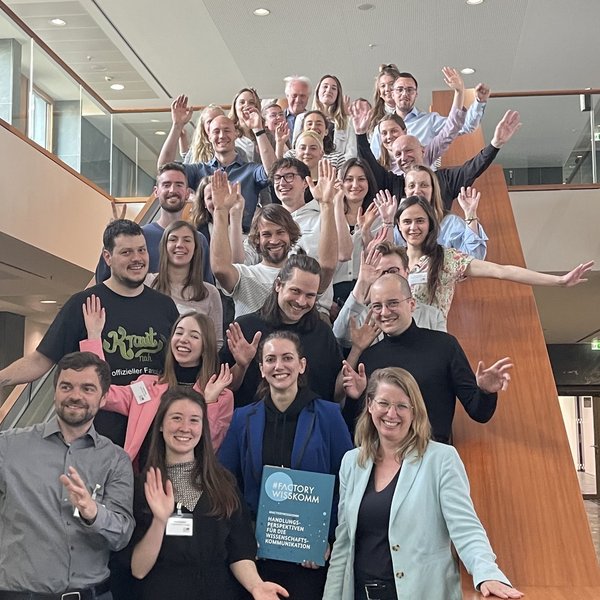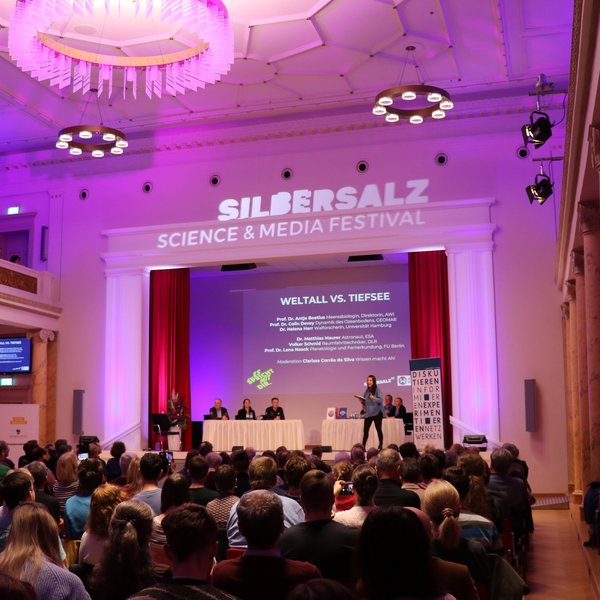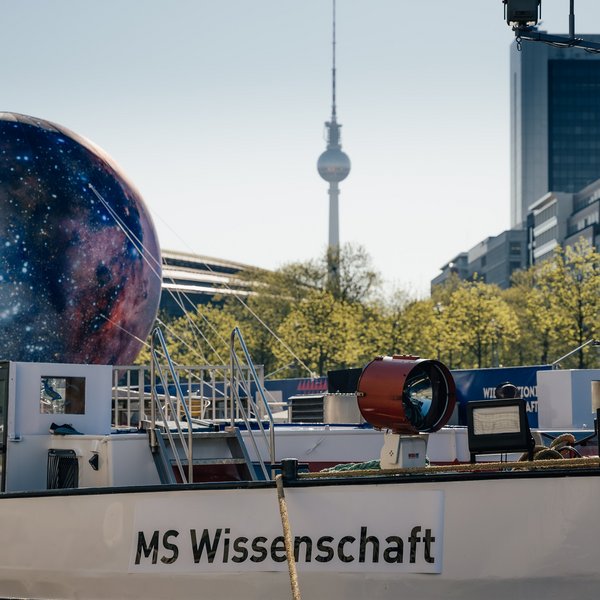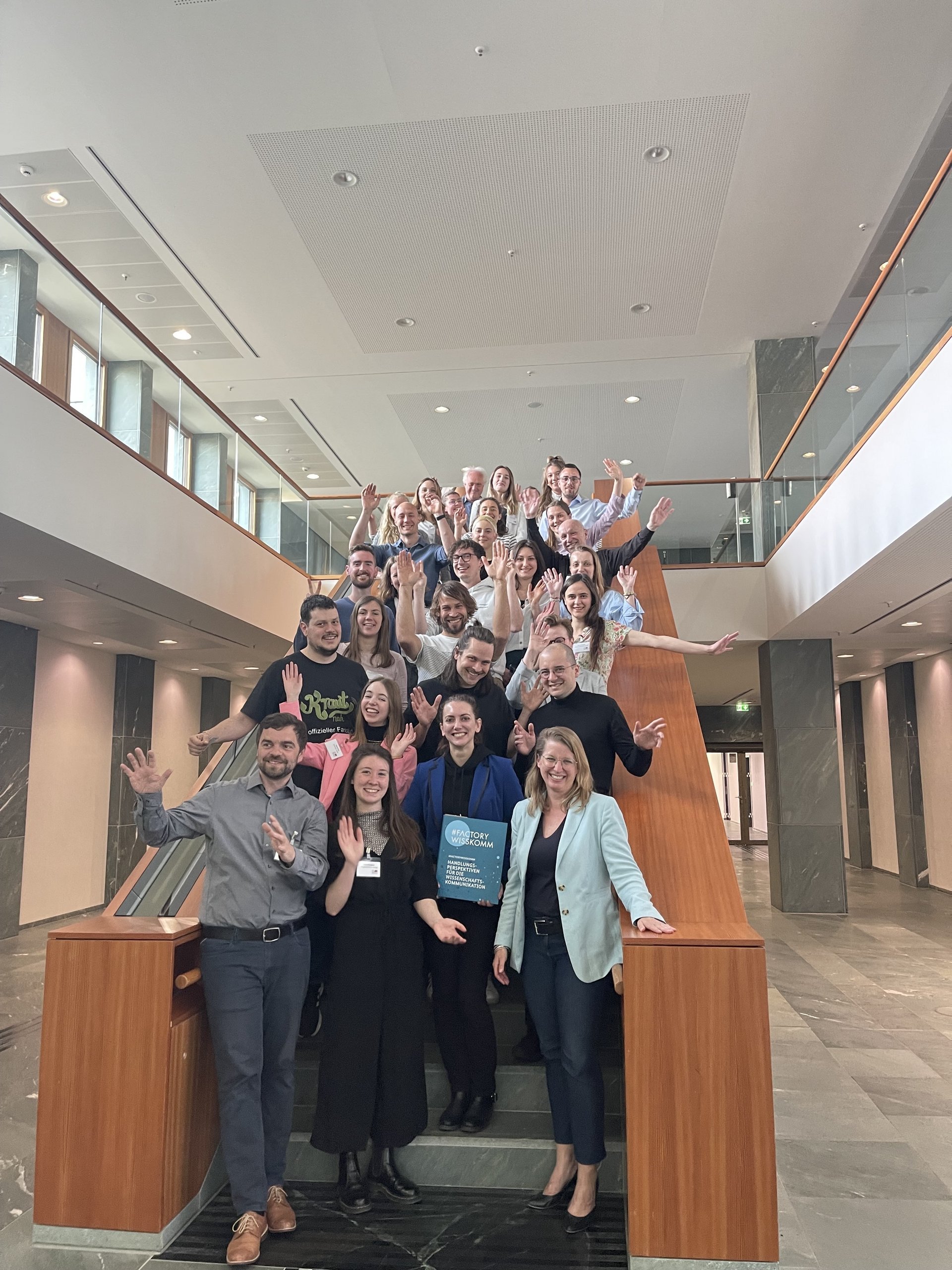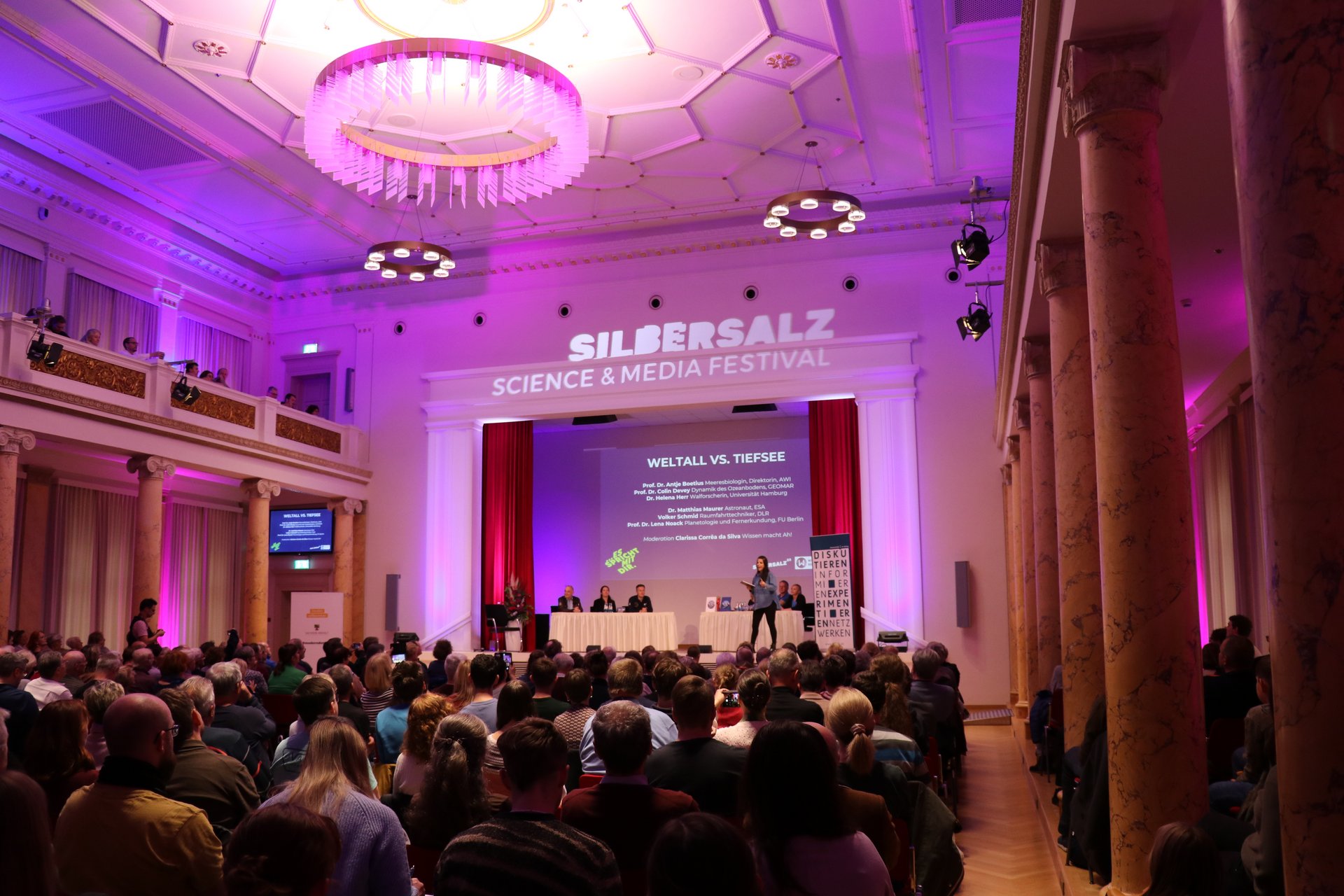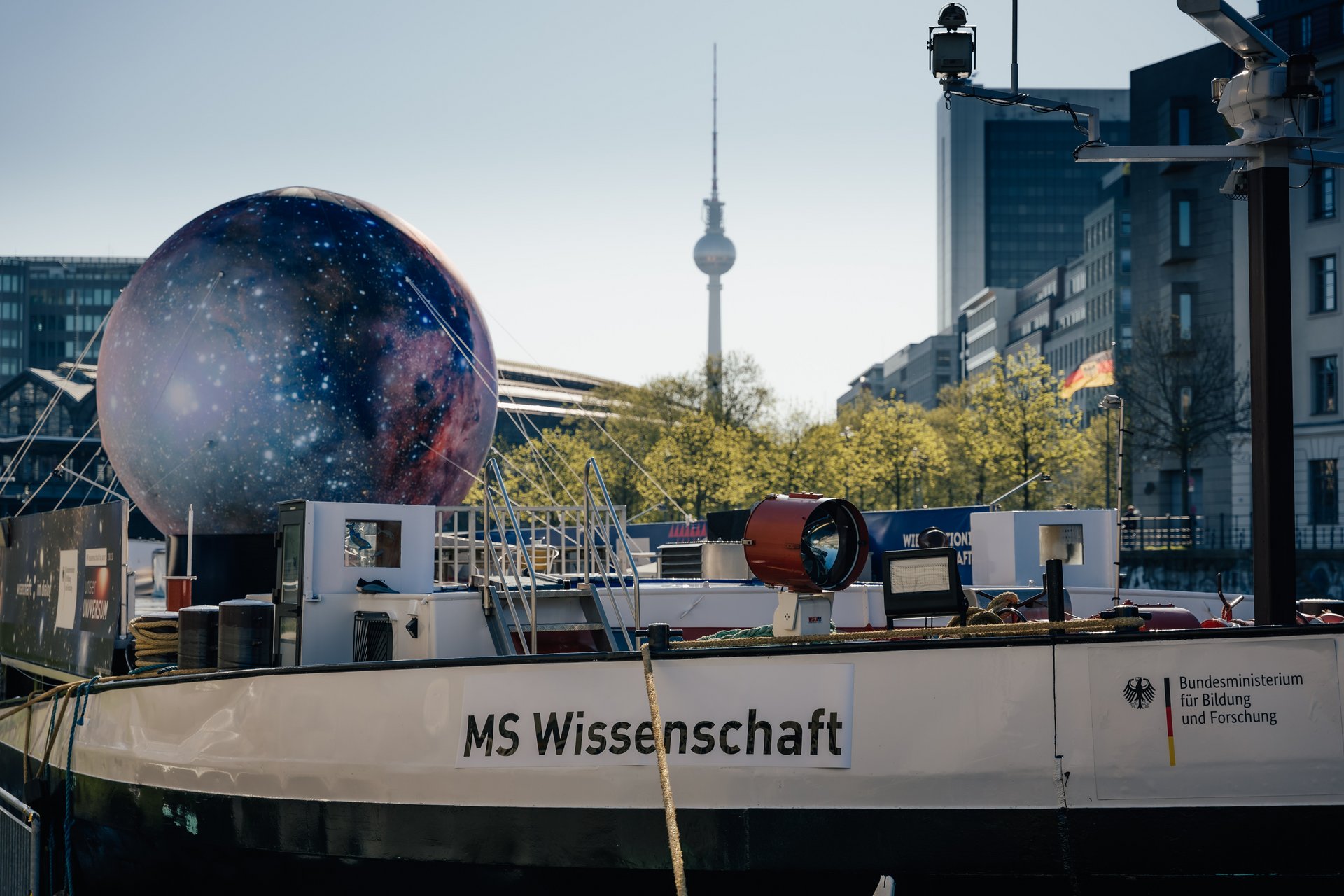About Science Year 2024 – Freedom
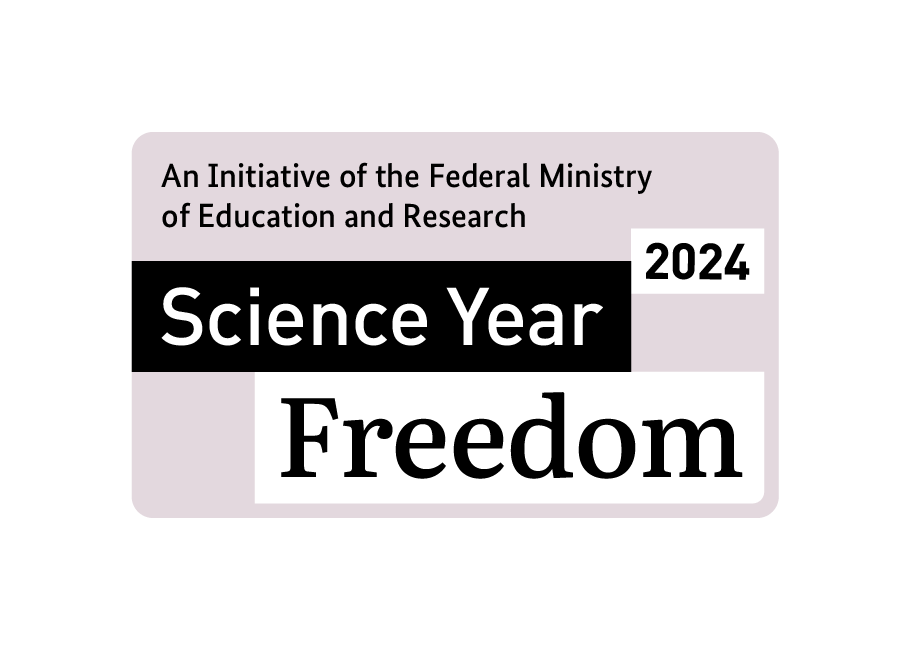
Time to stand up for freedom.
Germany’s Basic Law celebrates its 75th anniversary in 2024; the peaceful revolution happened 35 years ago. Two anniversaries which provide the opportunity to take a look at freedom in all its facets for an entire year. The Science Year 2024 – Freedom focuses on the value and meaning of freedom, casting a spotlight on it in its different dimensions and in different contexts. How resilient is our democracy in the face of current crises? What kind of freedom do we need – at schools and universities, online, in research laboratories or in art? How do we safeguard the freedom of future generations? What does the use of artificial intelligence mean for our freedom?
We invite you to engage in the discussion: The many opportunities to take part in the Science Year offer a framework for a cross-generational discussion about freedom, its value, its meaning – a discussion with each other and with representatives of science, research, society, media and politics. About freedom – today’s, tomorrow’s and worldwide.
Thematic areas in the Science Year 2024 – Freedom
Projects
The Federal Ministry of Education and Research is funding a wide variety of projects in the Science Year 2024 – Freedom. Although the motto of the year is always the centre of project focus, it is addressed from different perspectives: these include the perspective of history, the present and future; the context of generations and political systems, the freedom of every individual and the question of how this freedom fits into society.
The projects all pursue the same goal: To promote a dialogue about freedom – both within and between society, science and research.
Some featured projects
Organizers and initiators
The Science Year is a joint initiative of the Federal Ministry of Education and Research (Bundesministerium für Bildung und Forschung, BMBF) and Wissenschaft im Dialog (WiD), the German organization for science communication. For more than two decades, WiD has fostered public dialogue about topics in science and research.
The initiative relies on a great number of partners which make their valuable work visible via our platforms and channels. Ahead of the Science Year launch, a steering committee engages in an exchange with partners about ideas and objectives. This year, for the first time, a committee with a wide array of expertise is providing support for the Science Year. The committee members come from varied backgrounds and each play significant roles in education, science, the arts, politics and the media.
Wissenschaft im Dialog
Wissenschaft im Dialog (WiD) is the organization for science communication in Germany. The non-profit limited liability company supports the scientific community with expertise in effective communication with society, develops new communication formats and also supports scientists in engaging with the public, including on controversial research topics. WiD increases public awareness of the role of science for society, and it promotes understanding of the processes involved in research and its outcomes. To achieve this aim, WiD organizes discussions, school projects, exhibitions, and competitions throughout Germany and also operates online portals about science and science communication.
Aim of the Science Years
The aim of the Science Years is to foster public dialogue on relevant topics in science and research. Developments in science and research are to become more transparent and accessible to the general public. At the same time, the Science Years aim to trigger and drive public debate about these developments.
Initially, the focus of the Science Years was on individual disciplines. Examples of past Science Years include the Year of Technology or the Year of the Humanities. Since 2010, the Science Years have addressed challenges of the future across subjects and disciplines. These have included health research, research on the future of the digital society, seas and oceans, artificial intelligence and our universe.

